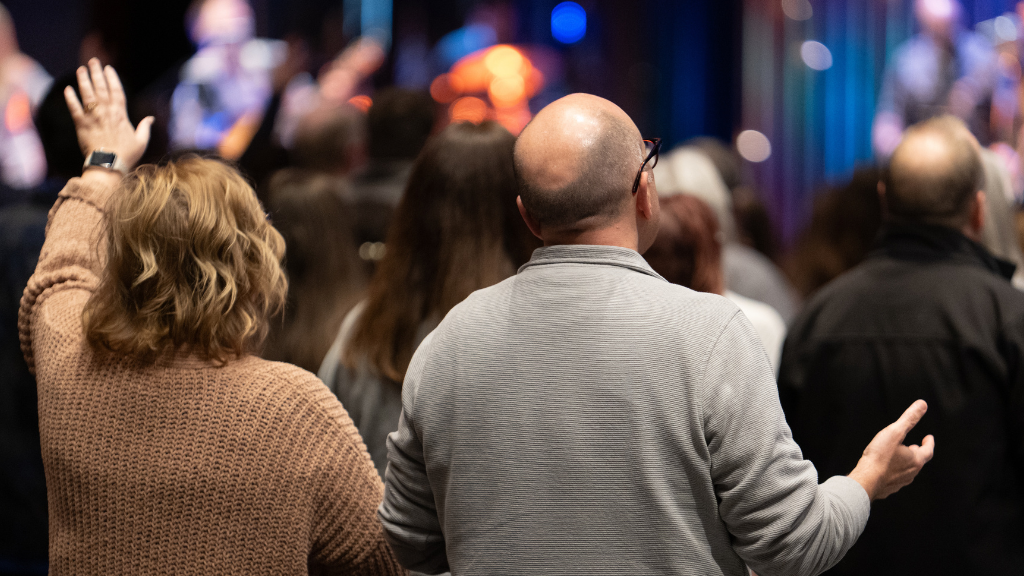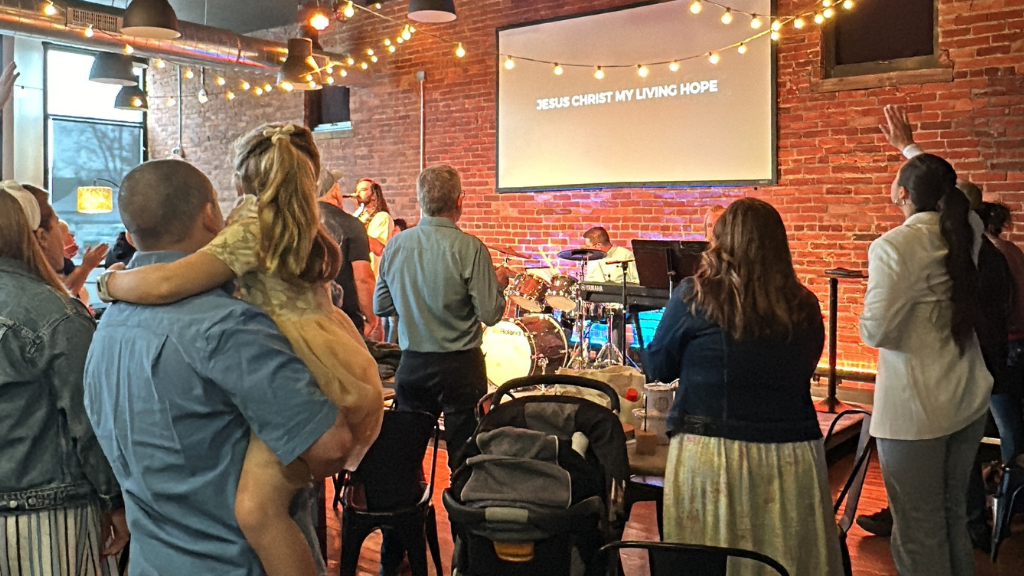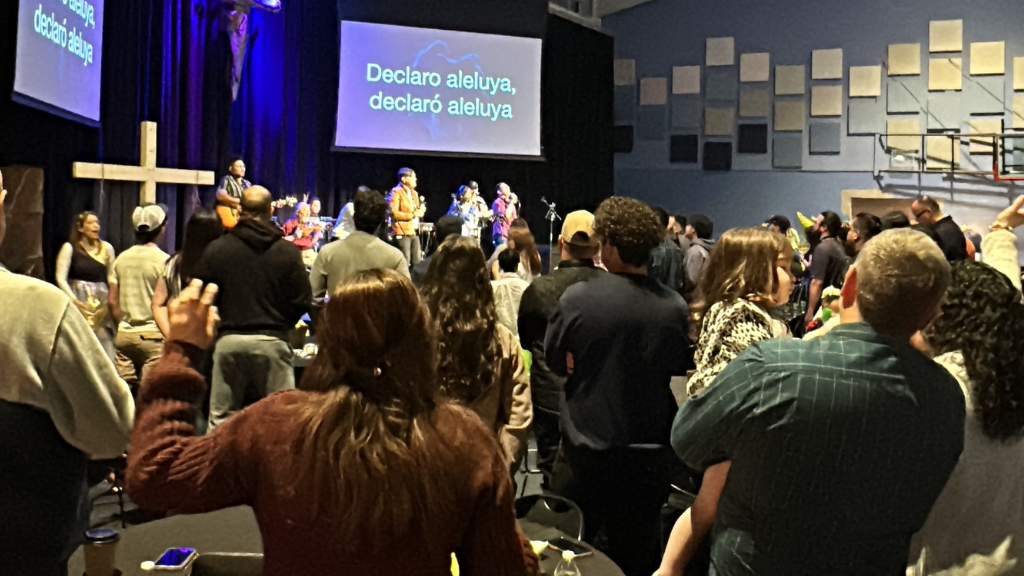
In 1992 a Kenyan church worship leader introduced Mary Kamau (then a college student), to her former home on the streets of Nairobi. This visit to Mathare Valley profoundly affected Mary’s life and inspired Missions of Hope International’s future work.
Around the same time, Wallace Kamau, Mary’s future husband, also felt led to minister in Mathare Valley as a college student.
As the Kamaus completed their education, God continued weaving His story for the people of Mathare Valley into their hearts. Mary completed her degree and began working with various organizations serving children, including a church in Mathare. Likewise Wallace started ministering to churches in Mathare apart from his career as an accountant for PwC. The couple met at a prayer meeting in 1994 and married the following year.
They started talking about long-term ministry to families in Mathare. From their own volunteer experiences, they knew what didn’t work, so-called “hit and run” efforts that provided temporary services but no lasting commitment to the community. Like revival meetings where hundreds of people would dedicate their lives to Christ but without any continued discipleship or connection with local churches. Or organizations that would teach community members about sanitation, clean water, and basic hygiene, only to leave a few weeks later.
They also recognized the type of ministry that would work best: Reaching children as an entry point into families, then the community, to bring about lasting, holistic transformation.
Out of these connections, Missions of Hope International was formed. They’ve grown from serving 50 children in one section of the slums to more than 16,000 children in 23 different communities throughout Kenya. Their schools are holistic resource centers that provide a quality education, basic healthcare, job skills training, microfinance loans, counseling and other services.
They continue to connect with the right people, as churches and other organizations join in our work. And the right places, as they have expanded to remote, rural communities where access to education and job opportunities are extremely limited. And in the right time, as God grows their programs to serve more people.



